Thermostatic kefir: features and production technology
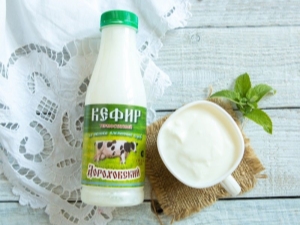
Thermostatic kefir is a kind of dairy products that is produced using a special technology. The milk mixture is fermented in an individual container, under certain conditions, which retains its beneficial properties and rich taste. Unlike usual, such kefir excludes undesirable contact with microorganisms from the environment.
Properties
Kefir is a white milk product obtained by fermentation of special lactic acid bacteria. This is a very strong probiotic that is able to inhibit the growth of pathogenic flora. Depending on the percentage of fat content of milk, kefir is divided into fat-free, classic, fat and creamy. Sometimes fruit and berry fillers, vitamins and bifidobacteria are added to kefir.
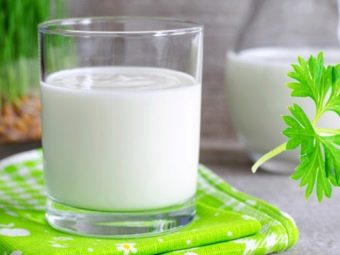
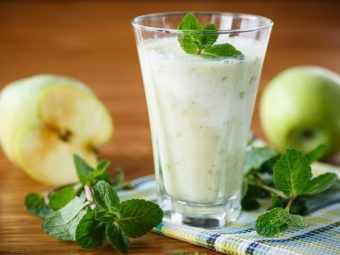
Compound
Due to its composition, kefir is not only tasty, but also a healthy product. Consider the elements of this product and their properties.
- Proteins - 2.8 g.
- Fats - depending on the fat content of the product.
- Carbohydrates - 5 g.
- Ash, monosaccharides, cholesterol, saturated fatty acids, water and organic acids.
- B1 vitamins - 0.04 mg. They have a beneficial effect on the nervous system, strengthen the immune system, promote the transmission of impulses to nerve cells.
- Folic acid - 0.8 mg. Helps strengthen the walls of blood vessels, reduces the permeability of small capillaries, has a beneficial effect on cardiac activity.
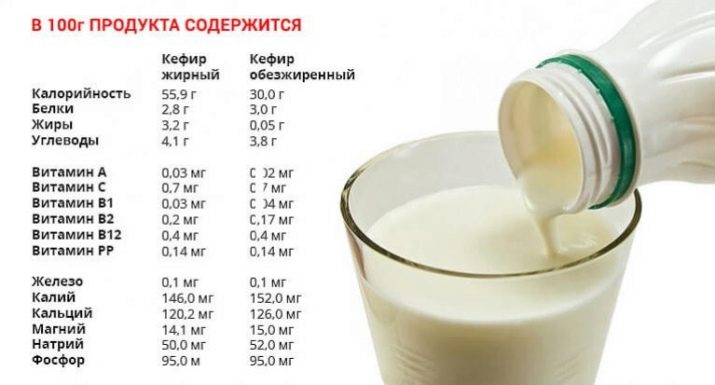
- Vitamin A - 22 mg. Improves cell regeneration, metabolic processes, rejuvenates, strengthens hair and nails.
- Calcium - 120 mg. Participates in metabolic processes.Controls blood clotting, activates hormones and enzymes.
- Fluorine - 20 mcg. It helps to strengthen the bone and cartilage system, tooth enamel. It is the prevention of osteoporosis.
- Copper - 10 mg. Used against multiple sclerosis.
- Potassium - 146 mg. Normalizes cardiac activity, prevents strokes during menopause, improves contraction of muscle fibers.
- Magnesium - 14 mg. Normalizes the work of the nervous system, calms, promotes a favorable course of pregnancy, the full development of the fetus.
The energy value of the product 2.5% fat - 53 kcal.
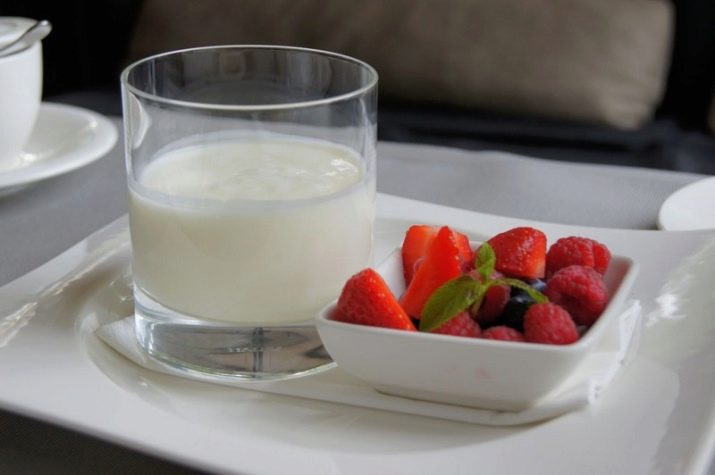
Benefit and harm
It is difficult to overestimate the benefits of thermostatic kefir, because it is not only a good prevention of many diseases, but also able to treat them. Let us dwell on the most common beneficial properties of this product.
- Able to restore the balance of vitamins and trace elements, helps to regulate the digestive system.
- Easily absorbed by the body, improves metabolism, normalizes biological processes.
- Prevents the development of cancer cells. The probiotics contained in kefir are a prophylactic against breast cancer.
- Eliminates inflammatory processes.
- Prevents the development of allergies, atopic diathesis.
- Indicated for people with lactose intolerance.
- Effective in dysbacteriosis, removes toxins from the body.
- Acts as a natural antidepressant, has a relaxing effect. Increases the body's resistance to infections.
- Prevents bleeding gums, speeds up metabolism.
- It is recommended for autoimmune diseases as a tonic.
- It is used for urolithiasis, diabetes mellitus.
- Accelerates tissue regeneration, recommended as a restorative agent in the postoperative period.
- It is widely used in cosmetology. Moisturizes the skin, which means it slows down age-related changes. Used as masks, peels and anti-cellulite products.
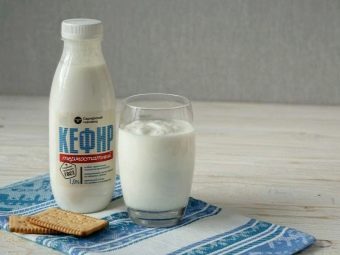

Eating even the healthiest foods can have adverse effects. You should refrain from using kefir when:
- intolerance by the body;
- increased acidity of the stomach;
- duodenal ulcer, acute pancreatitis.
Preparation method
Purified pasteurized milk, poured into special containers, is brought to a temperature of 18 to 20 ° C in summer, and up to 23-25 ° C in winter. Mixed with special starter cultures and sent to the packaging shop. Packing time is strictly regulated, and should be no more than forty minutes. This prevents the formation of clots and souring of the product. For uniform settling of the starter, the mixture is constantly stirred. Packed in containers using special dispensers.
Containers with packaged products are delivered to thermostatic chambers. The temperature regime in the chambers is set depending on the season of the year. In winter - 22-25°С, in summer - from 20 to 21°С. Fermentation of kefir lasts from eight to twelve hours. An indicator for determining the readiness of a product is an indicator of acidity. According to the normative indicators of GOST, it should be from 75 to 80 ° T.
After that, the kefir is cooled to a temperature of 6°C. In such conditions, he must be at least twelve hours. From the moment the technological process is completed, the product is stored for no more than 36 hours, including the time spent in production.
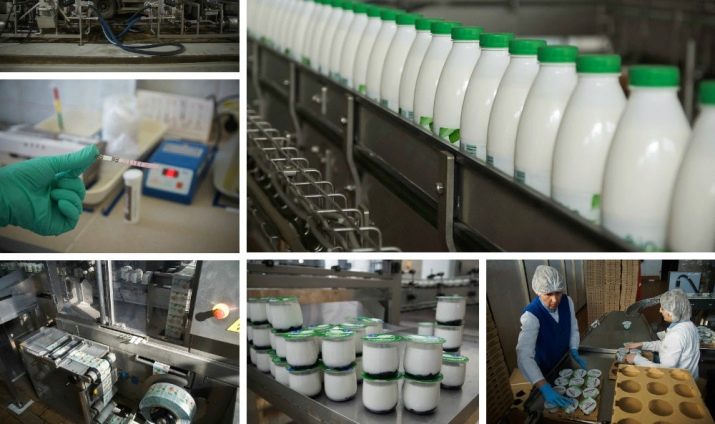
homemade recipe
It is recommended to give preference to products no more than three days old.During pregnancy and for young children, it is better to use a thermostatic kefir made at home.
To prepare homemade kefir, boil 1 liter of milk, cool to 25 ° C. Add dry sourdough to warm milk. Stir, pour into glasses, and leave in a yogurt maker for 10-12 hours.
As a starter, you can use ready-made store-bought kefir, 100 ml per half liter of milk. But at the same time, it is necessary to ensure that the shelf life of kefir is not more than three days, and the content of live bifidobacteria in the original product is not less than 107. After 12 hours, put the containers in the refrigerator. After four hours, you can enjoy a wonderful drink.
Thermostatic kefir is an affordable, tasty and very healthy product. At the same time, the myth about the alcohol content in kefir should be debunked. Subject to the technology in production, the percentage of ethanol in kefir is 0.05%. For comparison - in apple-grape juice it is 0.4%.

Useful information about thermostatic kefir, see the following video.

















